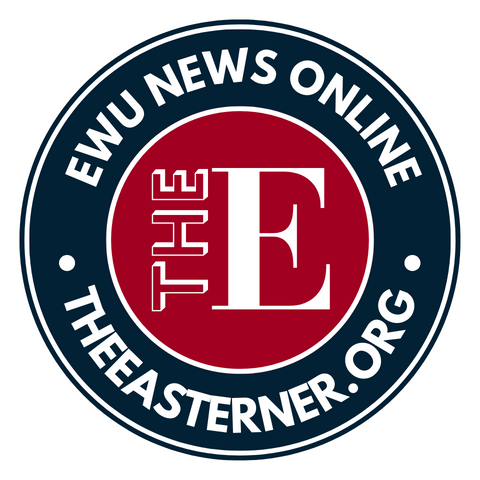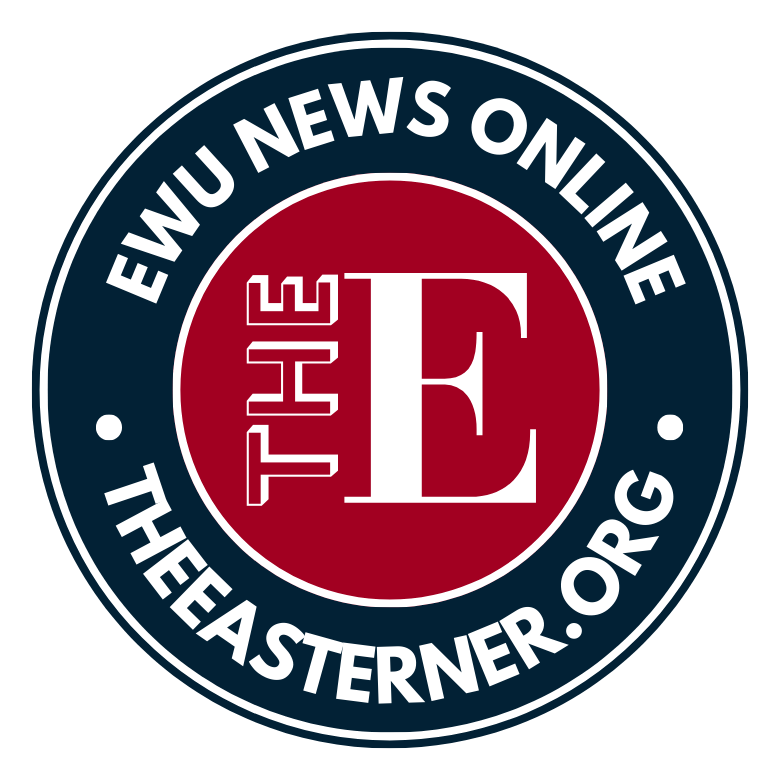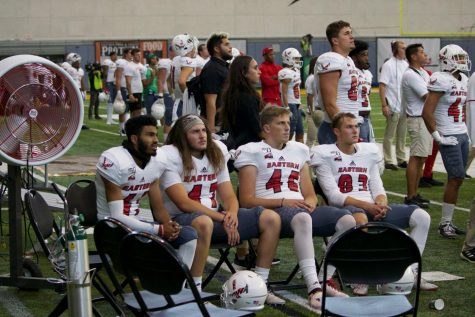EWU’s accreditation safe and sound
March 3, 2016
Rumors regarding Eastern being in jeopardy of losing its accreditation have been floating around campus.
When Vice Provost and EWU Accreditation Liaison Officer Colin Ormsby heard, he was ready to set the record straight and provide valuable information regarding what goes into the accreditation process.
There are a total of six regional accrediting bodies. Eastern belongs to the Northwest Commission of Colleges and Universities (NWCCU). Ormsby said in order for any college, university or community college to receive federal funds, they must be accredited by their regional accrediting body.
Although the NWCCU is a professional body we belong to, Ormsby said EWU needs their blessing in order to operate under the rules and regulations of the federal government and use federal funds of any kind.
“The federal government has no means to directly regulate us, so they do it through our accrediting body,” he said.
There are series of standards Eastern must follow, all of which are evaluated within a seven-year cycle.
Ormsby said the first step of the cycle is a site visit followed by a series of recommendations regarding areas in which the evaluating team, consisting of people from institutions similar to Eastern, feels the university needs improvement on.
Following is a one-year report stating the plan to address the recommendations made after the site visit. Third is a mid-cycle report that takes place around the third year. At this point, progress is reported based on what the university said they were going to do in their one-year report. Finally, it ends with a seven-year report.
Eastern recieved some recommendations regarding a few things, one being student assessment. Ormsby said this is not uncommon, and the university is now addressing all recommendations.
“Keep in mind, there is a process by which an institution would lose its accreditation, and we are not even in that process,” Ormsby said.
Frequently, the way accreditation is lost is through gross financial mismanagement, fraud or other mismanagement issues that prevent students from getting a full education. All of which, Ormsby assured, Eastern will not suffer from.
If any of these issues were to surface, Ormsby said the NWCCU would first ask for corrective action. Eastern would address the issues, and they would then be reviewed. “It would be a several-year process,” Ormsby said.
However, Eastern is still expected to follow the standards established by its accrediting body, one being assessment. From speaking to many of his colleagues at other institutions, Ormsby said assessment is an issue for many institutions in the northwest, according to NWCCU. “We are doing everything in our power to respond to that,” he said.
In in the event Eastern did close, the university would attempt to work out a deal with similar institutions, allowing students to transfer and complete their degrees in a timely manner.
Ormsby said the rumors probably surfaced because Eastern just finished its review process.
“We are not in danger of losing our accreditation,” Ormsby said.
















